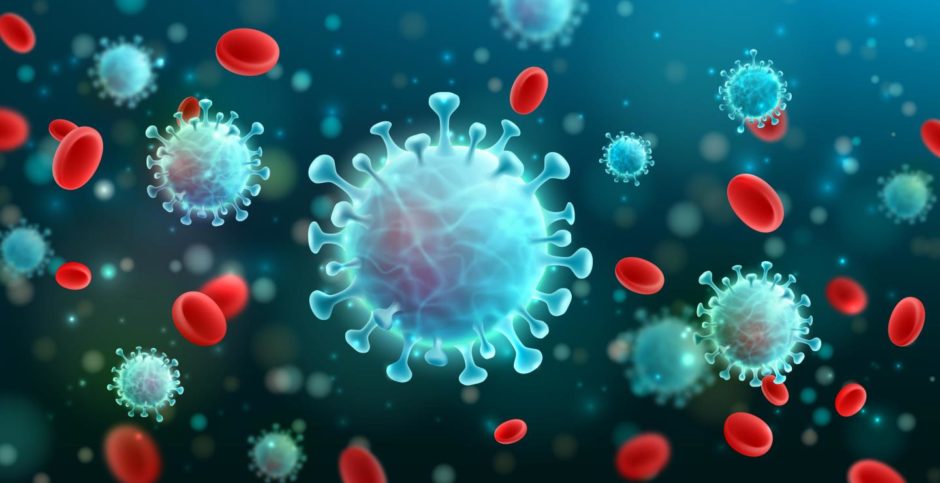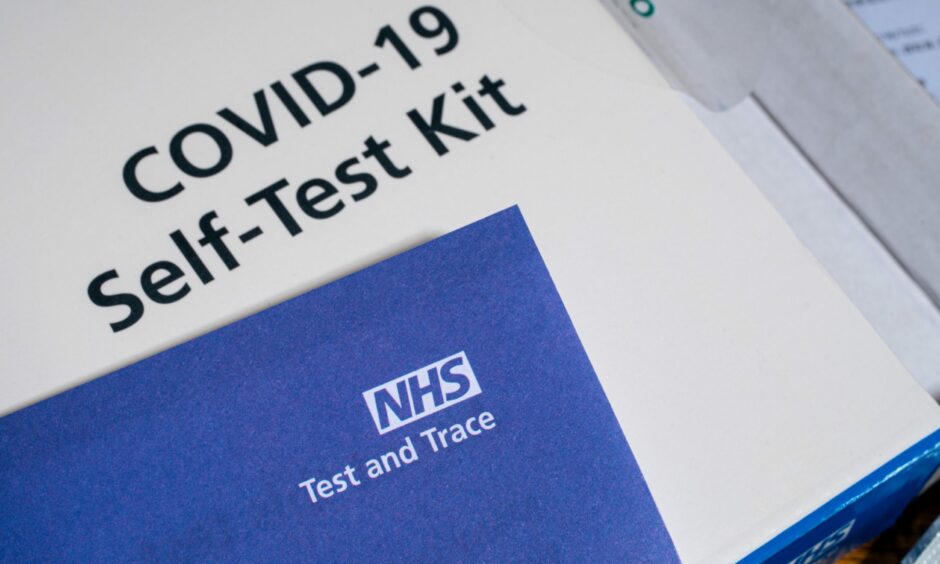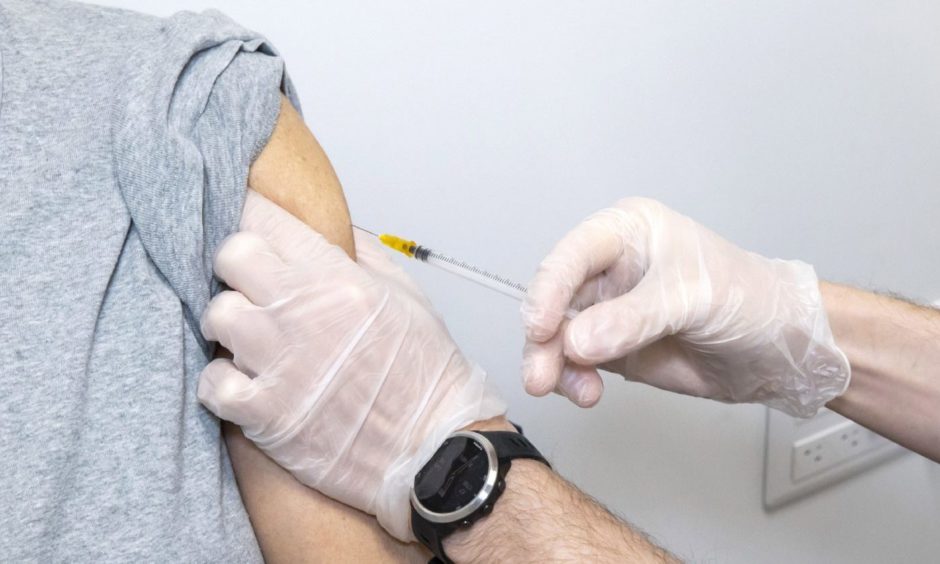Since the outbreak of the Covid pandemic, new variants of the virus have emerged – some with different symptoms and others with varying degrees of risk.
It is normal for a virus to mutate over time as it spreads through the population.
Mutations can cause viruses to spread more easily and evade vaccines designed to protect against it.
But how has the coronavirus mutated throughout the pandemic, and should we be worried about the new and emerging variants?
Alpha
The Alpha variant of Covid-19 was first identified in the UK last November. It is thought to be 40-80% more transmissible than previous forms of the virus.
As well as the typical Covid symptoms including a persistent cough, loss of or changes to taste and smell, and a high temperature, symptoms of the Alpha variant are thought to include:
- Chills
- Loss of appetite
- Headache
- Muscle aches
Beta
First identified in South Africa, the Beta variant was detected in October 2020 and reported that December.
It contains several mutations helping it bind to human cells more easily.

The symptoms of the Beta variant are consistent with the symptoms linked to the original virus.
As of June, the UK had recorded more than 900 cases of the beta variant.
Delta
The Delta variant has become the dominant variant of coronavirus in many countries and in the UK it now makes up more than 99% of all Covid cases.
It was first identified in India last October and has since spread to more than 160 countries.
The additional symptoms of the Delta variant include:
- Headache
- Sneezing
- Runny nose
- Sore throat
Mu
The Mu variant is one of the latest variants to emerge. Thought to have originated in Colombia, it was discovered in January this year.

But how does it compare to the Delta variant?
Early research suggest it is less easily transmitted than Delta. It is currently considered a Variant of Interest by the World Health Organisation (WHO), as opposed to a Variant of Concern, like the Alpha, Beta and Delta variants.
Are the vaccines effective against the variants?
It is possible that vaccines will be less effective at protecting against variants that did not exist when the jags were first created.
However, manufacturers are confident their vaccines are effective at protecting against the variants that have emerged in the past few months.

However, a single dose is less effective at preventing illness from Delta, compared to effectiveness against Alpha.
As we continue through the pandemic, it’s likely new strains and variants of coronavirus will keep emerging.
But as we learn more, the options available to us to combat the variants will further develop too.
